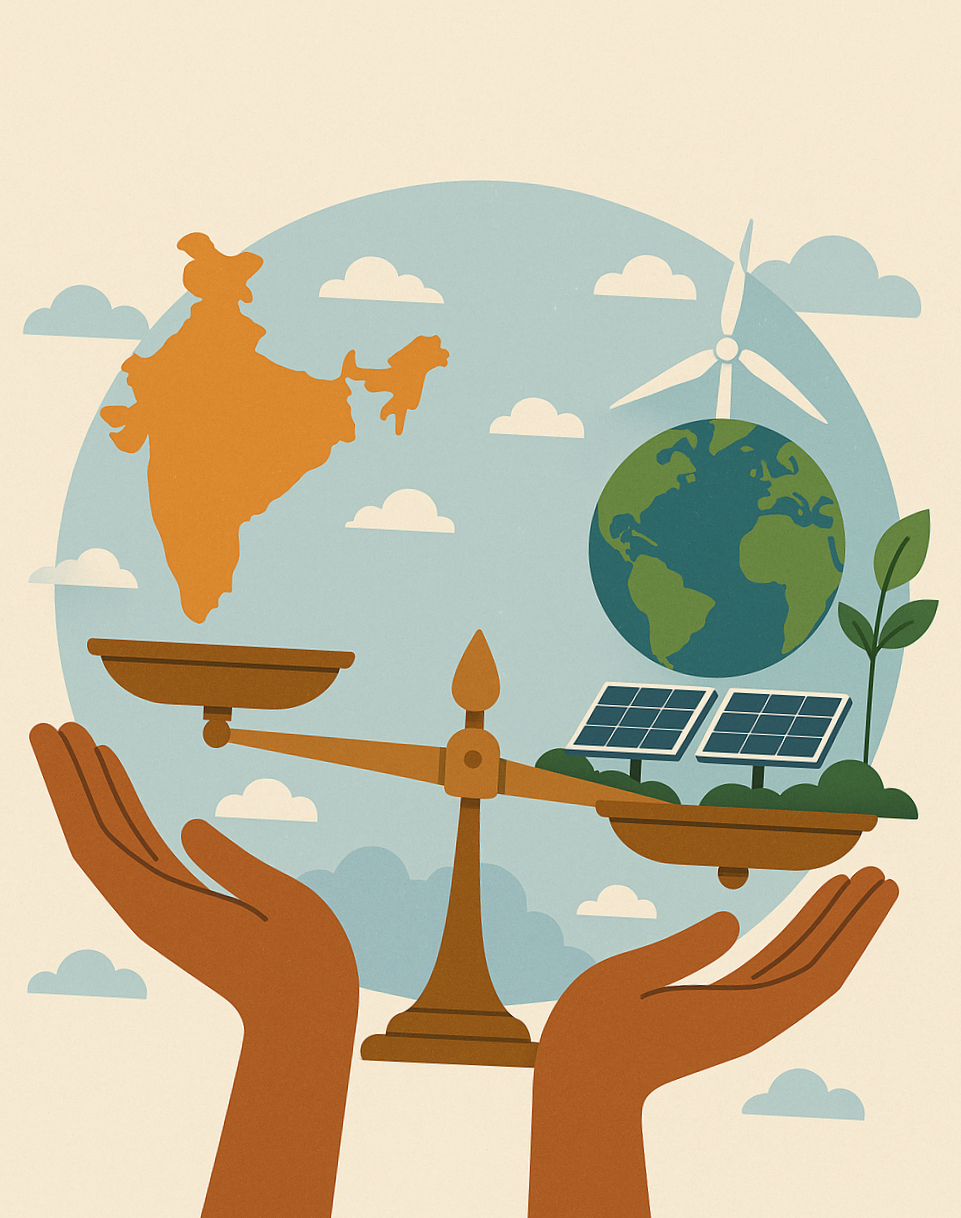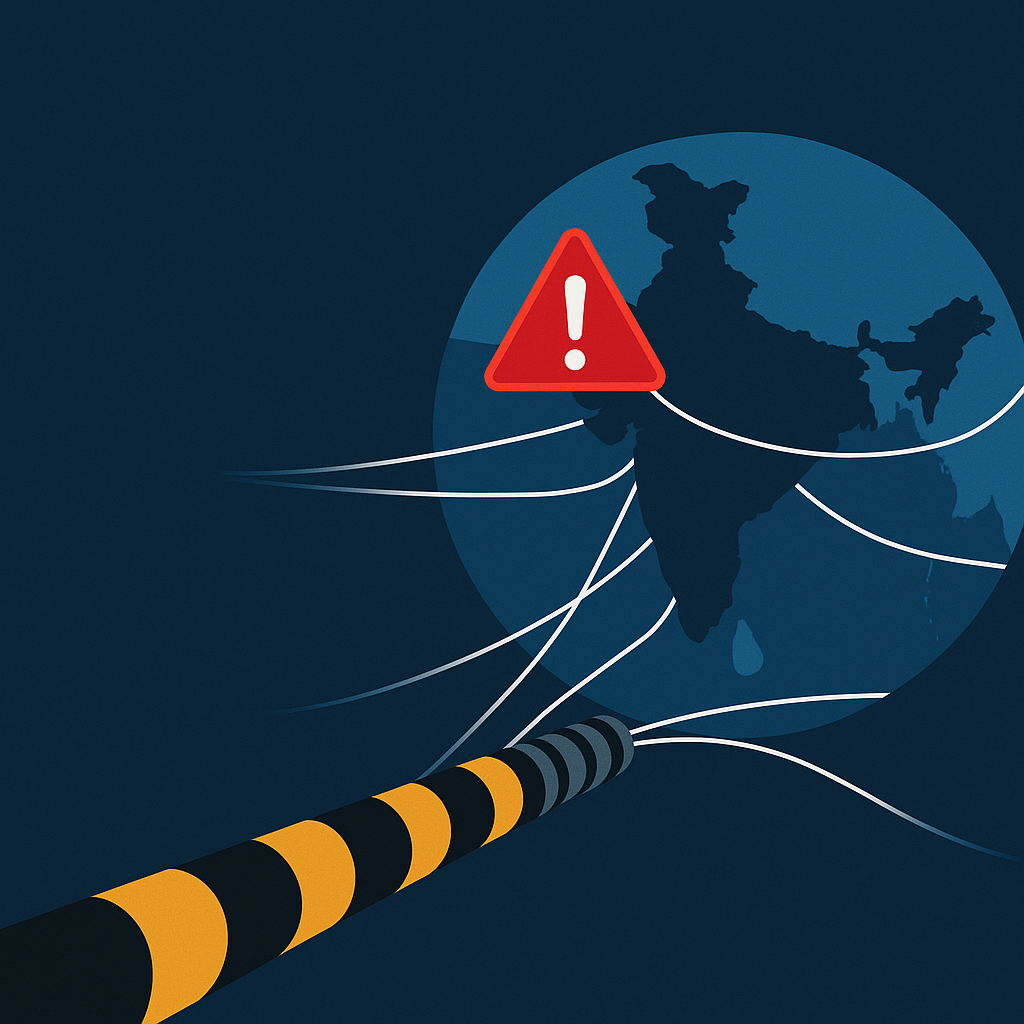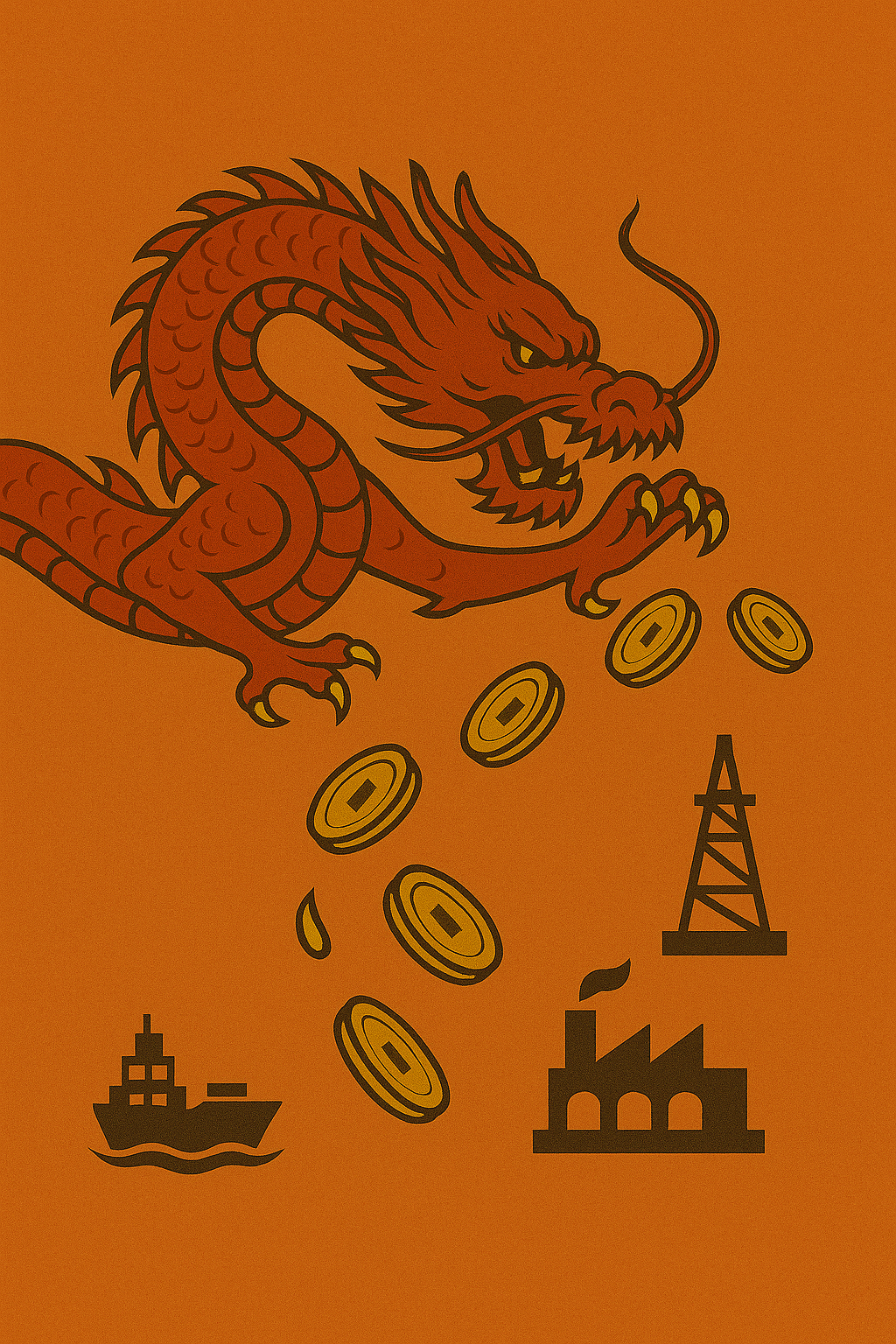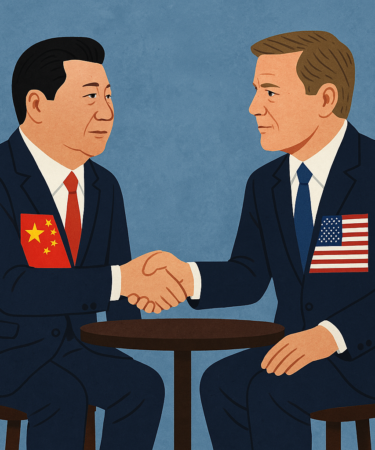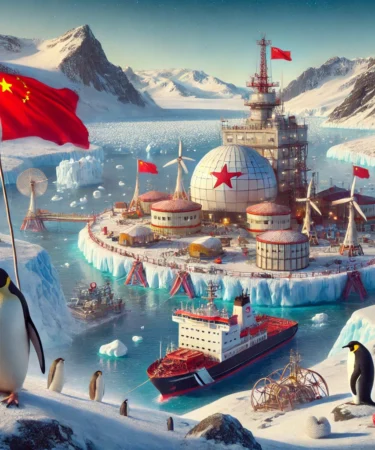Rising temperatures and other environmental changes in the Arctic such as thawing permafrost and melting sea ice and glaciers have enabled ships traversing from Chinese ports to European ones to use the shorter Northeast Passage Route (NSR). Yong Sheng, a COSCO ship, left Dalian port in China for Rotterdam in Europe via the Bering Strait …

US-China Conflict Opens Door to Sino-Indian Border Settlement
Unlike his predecessors Jiang Zemin and Hu Jintao, who believed that the boundary dispute was best left to be settled at a much later date, key policymakers say that Xi Jinping is looking to strengthen his historical legacy by coming to a boundary settlement with India during his term. Far from anticipating a speedy …

The 2019 SCO Summit: What it Means for India?
The Shanghai Cooperation Organization’s (SCO) summit meeting will take place in the Kyrgyz capital of Bishkek during 13-14 June 2019. This year’s SCO summit has many new backgrounds to it. This will be SCO’s first leaders’ meeting since the full escalation of the trade war between the United States (US) and China. This will be …

Recent Trends in China’s Population Policy and its Implications for the Chinese Economy
Introduction The Chinese government adopted the one child policy in 1979 with the aim of controlling the population increase and improving the living conditions of the people as high population was perceived to be a major hindrance for the country’s growth. Reports suggest that the one child policy helped China prevent around 400 million …

India Needs to Prepare for China’s Growing Espionage Threat
The changes the international system has undergone from being tight bipolar to loose multipolar have resulted in the blurring of lines between traditional conceptions of hard and soft power. Military wars envisaged in the form of the two World Wars are distant memory; and new forms of warfare fuelled by technological advances have become the …

S-400 Deal May Shatter India’s Indo-Pacific Advantage
Several other purchases, such as the planned acquisition of another Akula-class nuclear submarine, may also attract US sanctions. But would the Trump administration be willing to give India access to nuclear submarines, air defence systems, etc? According to senior officials spoken to, the reply is in the affirmative. In the 1950s, Secretary of State …

Tapping into the Vast Potential of Defence Cooperation between India and Vietnam
Defence diplomacy acts as a support mechanism to sustain cooperative structures in the strategic domain, to safeguard strategic spaces, and explore mutual cooperation in defence. This translates as a soft deterrent against any adversary. Defence relations between India and Vietnam have acquired importance against the backdrop of China’s island-building activities in the South China Sea, …

A New Synergy in Indo-Gulf Relations
India’s relationship with the Gulf has witnessed a qualitative transformation since the August 2015 visit of Prime Minister Narendra Modi to the United Arab Emirates (UAE). While seeking better relations with all Gulf countries, New Delhi has avoided taking sides in intra-Gulf disputes. This balancing act, between Riyadh and Tehran on the one hand and …

India’s ASAT Test: Rationale and Responsibilities
India has demonstrated its anti-satellite (ASAT) capability by destroying one of its own satellites launched recently. The test places India in an elite club of advanced technology countries, possessing the wherewithal to deny the use of outer space assets to their adversaries. While regional security concerns played a crucial role in this decision, the American …

Kim on Course to Resume Nuclear Tests after Trump’s Hanoi Walkout
The North Koreans claim that during the talks in Vietnam, Donald Trump was 'clearly not the person in command' on the US side. North Korea’s leader, Supreme Commander Kim Jong Un, may order fresh nuclear tests and missile launches as a consequence of his interaction with US President Donald J. Trump in Hanoi. The …



